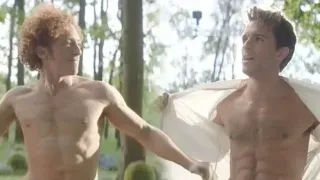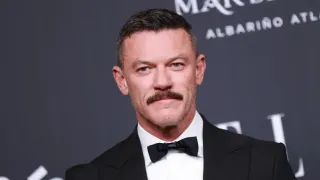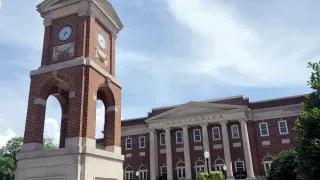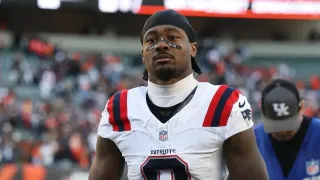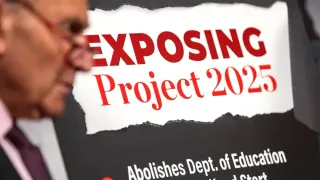April 14, 2015
Transgender Man Sues Loan Company Over Sex Bias Claim
Bobby McGuire READ TIME: 2 MIN.
A 21-year-old transgender man says in a sex discrimination lawsuit that he was forced to leave his job at a Mississippi-based loan company once officials there found out he was born a woman but dressed and acted like a man.
Tristan Broussard filed suit on Monday against First Tower Loan LLC., a financial loan company based in Flowood, Mississippi, with offices in Louisiana, Mississippi, Alabama, Missouri and Illinois.
Broussard charges he was forced to leave his job at its Lake Charles, Louisiana, offices in March 2013 after a company executive found out he was listed on his driver's license as female. He charges that the executive demanded he dress and act like a woman, something he refused to do.
John Tucker, Tower Loan's general counsel, declined to comment because the case is a pending lawsuit and it concerns a personnel matter.
Broussard was hired in February 2013 as a sales representative at Tower Loan of Lake Charles, a company affiliated with First Tower Loan.
In March of that year a supervisor processing his employment papers noticed that he was listed on his driver's license as a female. Broussard said he told the supervisor that he was a transgender male.
A few days later, the suit contends, David Morgan, a Tower Loan vice president, took Broussard aside and asked him to sign a document promising he would dress as a female and that when out of town on business travel, he would stay in rooms with other female employees.
The statement he was asked to sign also included language saying that his "preference to act and dress as male, despite having been born a female, is not something that will be in compliance with Tower Loan's personnel policies," the suit contends.
Broussard refused to sign the statement and left the job.
Broussard is seeking damages against the company and a ruling that states Tower Loan's actions and practices were unlawful.
His legal case is backed by the Southern Poverty Law Center, a civil rights group based in Alabama, and the National Center for Lesbian Rights.
Broussard, a native of Hathaway in Jefferson Davis Parish, said he hoped his case would send a message to other employers about treating transgender workers fairly.
"It takes one person at a time to take a stand," Broussard said.
His case was previously reviewed by the Equal Employment Opportunity Commission and the commission ruled on Dec. 2, 2014, that discrimination had occurred. The EEOC declined, though, to pursue the case against Tower Loan.
Meanwhile, in another case, a central Florida eye clinic has agreed to pay $150,000 to resolve a discrimination lawsuit brought on behalf of a transgender employee who was terminated.
The EEOC filed the lawsuit alleging the Lakeland Eye Clinic fired the employee after she started dressing as a woman and told her bosses she was transitioning from male to female. The commission says the termination violates the Civil Rights Act.
The settlement was approved by the U.S. District Court in Tampa on Thursday.
The commission says this is one of the first two lawsuits it's ever filed alleging sex discrimination against a transgender individual.
